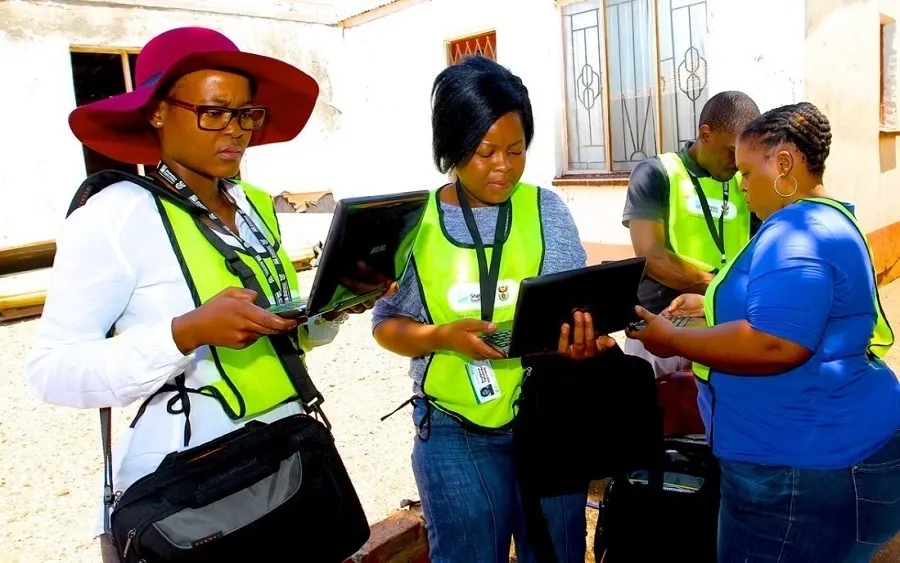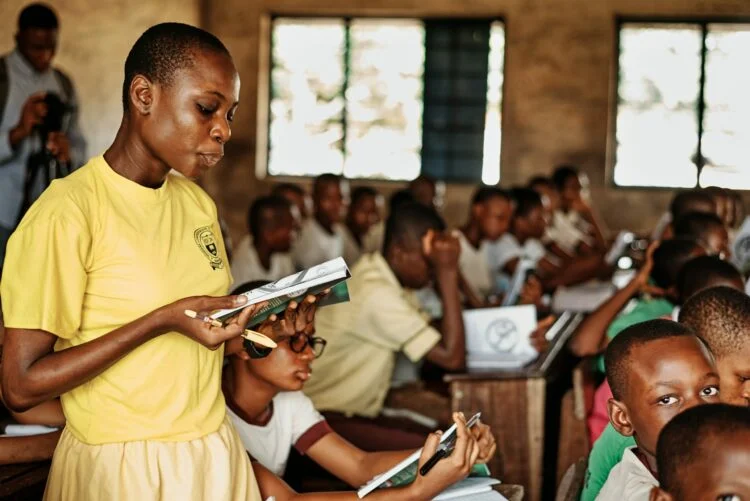The Nigerian government has announced its plans to conduct a mini-census on schools nationwide, aiming to gather comprehensive data to address challenges within the education sector.
Professor Tahir Maman, the Minister of Education in Nigeria, made this announcement during the inauguration of a two-day capacity-building workshop for Desk Officers from the ministry and its departments and agencies.
He emphasised that this census would reduce Nigeria’s reliance on external organisations like UNICEF, UNESCO, and the British Council for data, thereby enabling better planning, decision-making, and policy implementation.
The minister stated that the agreement for this exercise, which will soon be signed, entails a partnership with a private firm and the Information and Technology (IT) department of the Federal Ministry of Education. Together, they will gather data on all schools across Nigeria.

“This is because we need to know our teachers and every single student, we need data to know the trend of teaching and learning in our schools, the status of infrastructure, the location of schools, the number of boys and girls, Nigerian government is set to conduct a mini-census on schools across the country to generate data that would be used to solve challenges facing the sector.” said Professor Maman.
He further explained that the collected data would significantly enhance decision-making, policy formulation, and evidence-based planning, aiding in monitoring progress and identifying areas needing improvement.
Addressing critical issues such as out-of-school children, inclusivity, teacher training, and the student-teacher ratio, the minister emphasised the importance of utilising the census data to guide policy formulation and interventions.
Professor Maman highlighted the workshop’s objective to equip desk officers with the necessary skills for timely implementation, collation, and harmonisation of ministerial deliverables, particularly focusing on the new education roadmap.
He underscored the ministry’s commitment to generating credible and reliable education data, promoting skill development, and reducing the number of out-of-school children in Nigeria, underscoring education as fundamental for national development.


